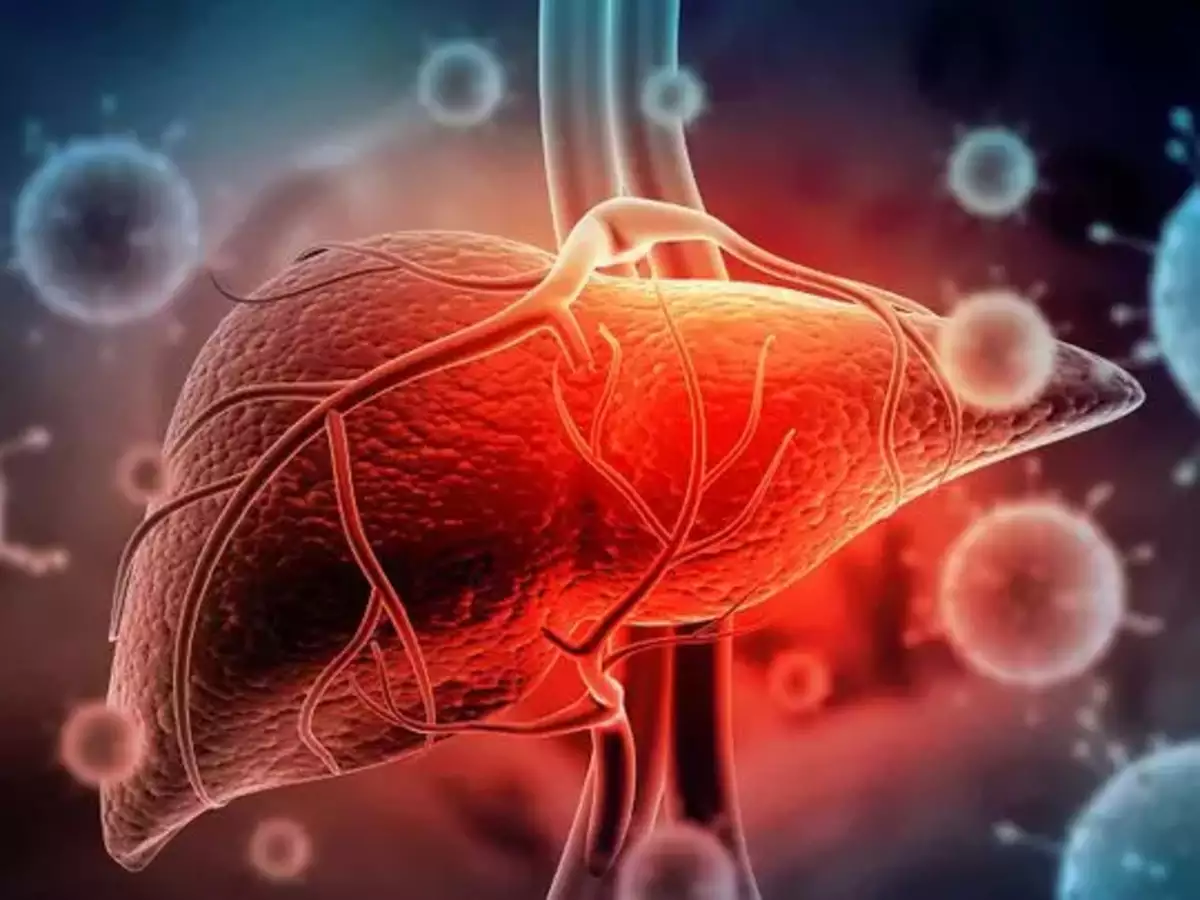Liver failure is a grave health issue that may surface through unique symptoms affecting diverse areas of our body. An unconventional yet crucial cue of liver complications is the manifestation of certain signs on your legs, primarily during nighttime. Recognizing these signs early can pave the way for quick medical action, mitigating further health issues.
Excessive Bloating Due To Liver Failure
Usually known as edema, bloating is a prevalent symptom of liver failure, visibly appearing on legs. It happens due to the pooling of fluids in your tissue leading to a swollen area that feels hard to touch. If you observe an ongoing swelling on your legs that seems to get worse at night, it could hint at an underlying liver problem.
Scratchiness On The Skin
Unexpected itchiness on your legs, specifically at night, can be a forewarning of liver dilemmas. This itchy feeling, intensified during the night, is triggered by the accumulation of toxins in the body due to liver malfunctioning. This symptom, termed as pruritus, shouldn’t go unnoticed and needs to be checked by a medical professional.
Skin Turning Yellowish Due To Liver Failure
Shift in the skin color of your legs, noted by a yellowish hue called jaundice, could be a sign of liver failure. Jaundice sets in when the liver struggles to process bilirubin effectively, leading to its buildup in the bloodstream. Any unusual pigmentation on your legs, particularly along with other symptoms, calls for immediate medical intervention.
Spider Veins
Spider veins’ formation, small clusters of either red, blue, or purplish veins on legs, can be connected to liver malfunctioning. These veins typically become more noticeable during the nighttime, hinting at possible circulatory issues linked with liver failure. Observing changes in your leg veins’ appearance is vital for timely detection.
Distress and Discomfort Due To Liver Failure
Persistent disregardable pain or discomfort in the legs, especially at night, could be a less common yet crucial sign of liver issues. This discomfort could be due to fluid retention, inflammation, or nerve damage resulting from liver problems. Any inexplicable leg pain should be promptly discussed with a healthcare provider.






